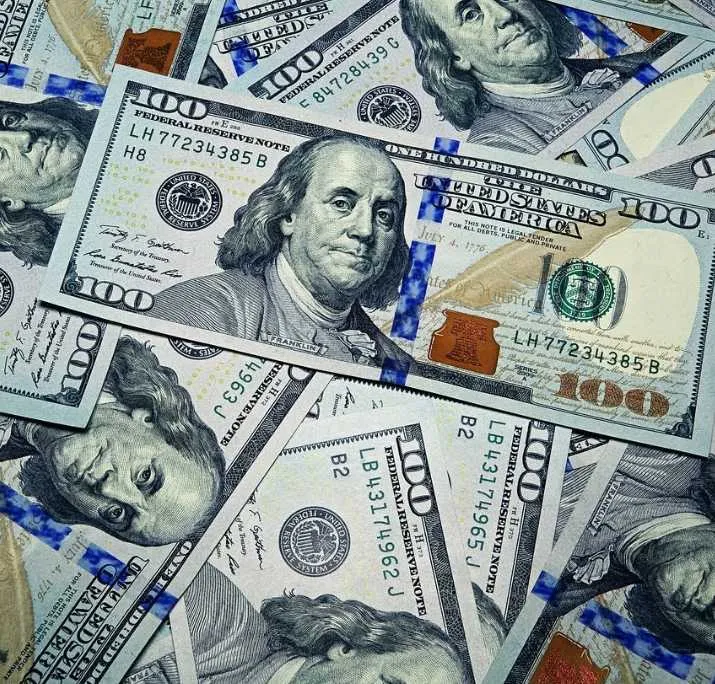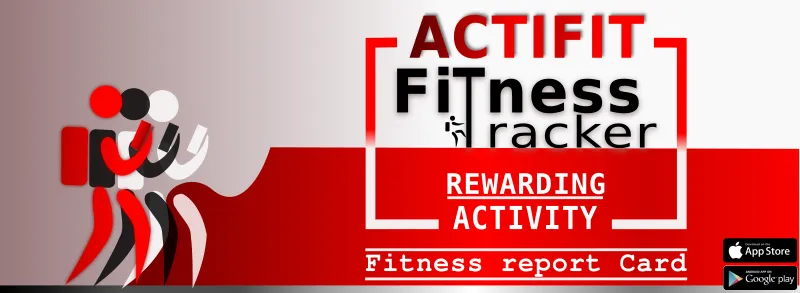
What is Money Anyway?
The other day I thought I would try and be funny while getting change for some candy. I gave the lady a 5 and she gave me back some 1s and some change and I said:
'Ha! Jokes on you! I gave you one peice of paper and you gave me back 3, some metal, and some candy!'
I thought myself pretty clever =)
But then I said it a few more times as I am a sucker for pity laughs. But this got me thinking: what is nicely colored paper even for? Why does anyone even do anything for it? It has no value on it's own. Why is a paper with '100' written on it worth so much more than the same paper with a '5' instead?
Way Back in the Day
Thinking about it, the first humans maybe didn't have a currency (just hashcash). They were generalists. Each human knew how to hunt, gather, make clothes or shelter, and just survive off the land.
There was no universal trading system, but maybe no real need for it at that point.
Then we started to specialize.
Instead of everyone learning everything, one person became 'farmer' and the other 'hunter.' And then this problem came up: how much corn is a deer worth? I really want deer, but the hunter wants no more corn. Now what?
Storing Value
People became more and more specialized. 'Carpenter', 'Blacksmith', 'shepard' and many more started to show up. How does a blacksmith, that only has horse shoes, get deer from the hunter who only wants a new bow?
Eventually we had to find a proxy for value. That is, to store value in something.
Obviously this couldn't be something common, it had to be something rare, or scarce. Pretty stones, yellow shiney metal, etc, etc.
Once everyone agreed upon some object to store value, things got a lot easier. Now you could trade anything for an amount of generic value. You could trade corn to the guy who needs for 'value'. Then you could trade 'value' to someone who doesn't need corn.
The coolest part is that anything can store value. Just enough people have to agree to it for it to be useful.
Anything Could Be Money
We like to store value in things that are generally useless (like colored paper). This way, we don't need to consume the store of value in every day life. Bakers would have a heck of a problem if flour was a common store of value.
However, using useless things to store value can have negatives. Take, for instance, when economies collapse. No one values inedible paper when they are starving.
Governments can also play games with money's value for you. It is, after all, just paper.
Money and Cryptocurrency
For all intents and purposes, a crypto coin is just a series of transactions lumped together. There is no original Bitcoin code that Satoshi wrote. The blockchain just granted him Bitcoin by essentially coding 'I give Satoshi this much BTC.'
Then Satoshi 'transferred' 50 BTC to Hal Finney by writing 'Now only Hal can spend these 50 coins'
Cryto has no physical manifestation. Yet we store value in it. Oddly, something purely digital has a multitude of benefits over something physical. Namely, the blockchain can't be tampered with by governments and we don't need to trust a central authority
But in the end, it is just code. But also in the end, the Venezuelans need toliet paper and are stuck with their paper money.
Storing value is weird. Storing value in things that are practicly useless other than to convey value is weird. Humans are just weird.
Crypto seems like the most safest weird though.
Hodl?
=)
...




